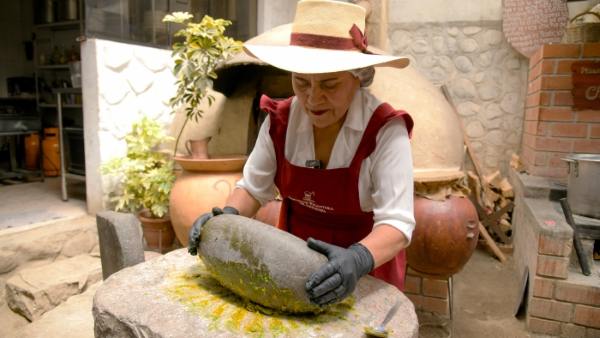The Arequipeña Ocopa recognized as a Traditional Speciality Guaranteed
By Espinosa Bellido Abogados

The Arequipeña Ocopa has become the third Peruvian food preparation to receive recognition as a Traditional Speciality Guaranteed (TSG) from the National Institute for the Defense of Competition and Protection of Intellectual Property (Indecopi). This important national distinction has also been granted to Pan de Anís de Concepción and Papa a la Huancaína. The recognition awarded to Ocopa Arequipeña highlights the cultural and gastronomic value of one of the most representative recipes of southern Peru, strengthening its protection and promotion.
The certificate was presented by Sergio Chuez, Director of Distinctive Signs at Indecopi, to the Sociedad Picantera de Arequipa, the association that promoted the application.
The Directorate of Distinctive Signs verified that Ocopa Arequipeña has maintained its traditional ingredients and preparation techniques for over 30 years, and that its current recipe was consolidated in the late 1990s thanks to the picanteras arequipeñas, the traditional female cooks who have preserved this legacy. The well-known creamy ocopa sauce is distinguished by its deep color, characteristic aroma, and balanced flavor, making it a true icon of Peruvian gastronomy.
This recognition falls within Phase II of the Intellectual Property and Gastronomic Tourism Project, developed by Indecopi in cooperation with the World Intellectual Property Organization (WIPO), aimed at creating collective-use tools to strengthen local capacities and preserve traditional gastronomy.
During the same ceremony, the certificate for the certification mark “Sociedad Picantera de Arequipa” and its logo was also awarded. This will ensure quality and authenticity standards in affiliated establishments and help protect the ancestral cooking techniques of Arequipa.
Traditional Specialities Guaranteed (TSGs) protect traditional recipes and production methods, inform consumers about their distinctive qualities, and contribute to regional economic recovery through gastronomic tourism.
